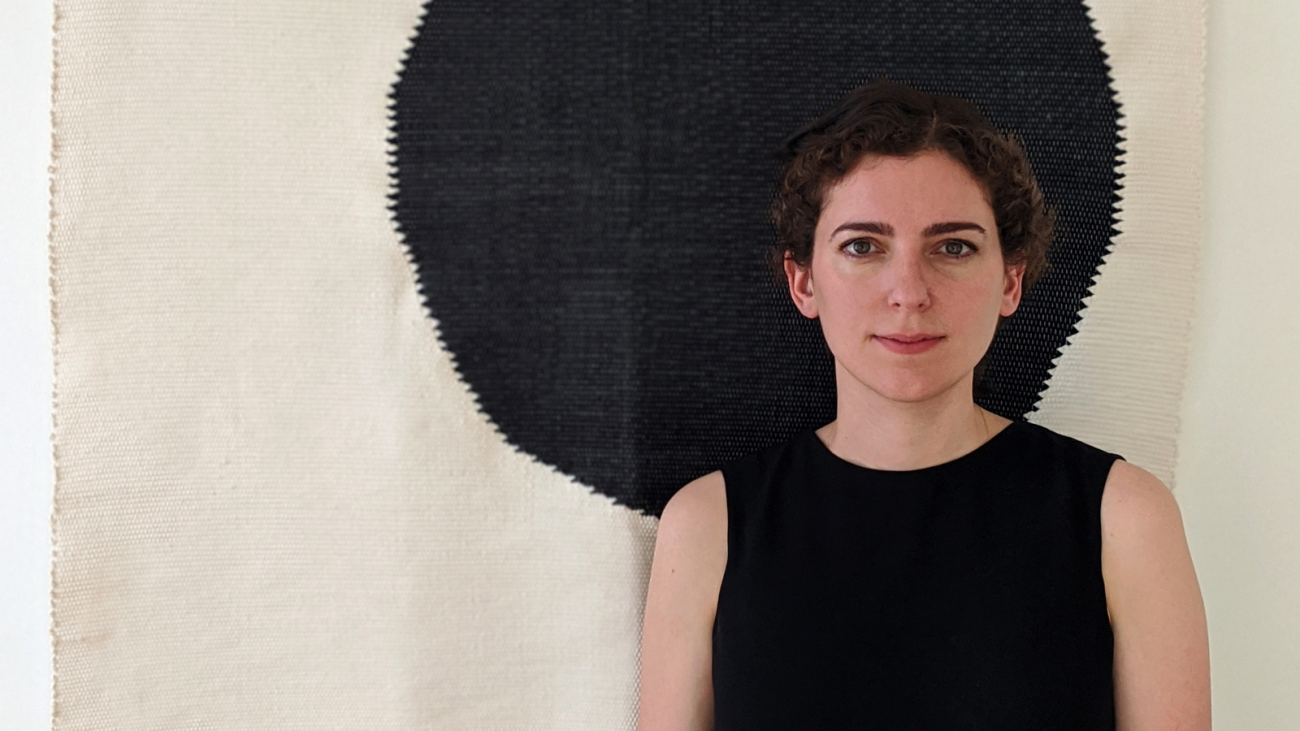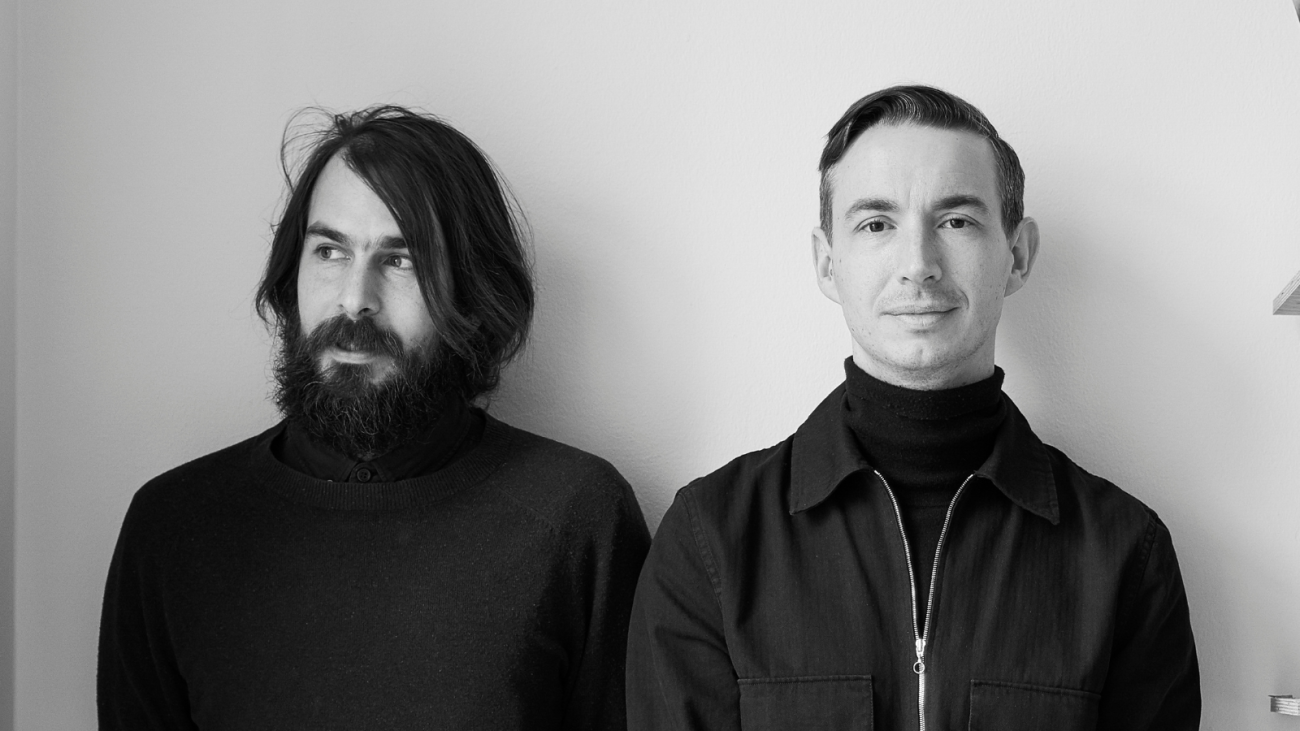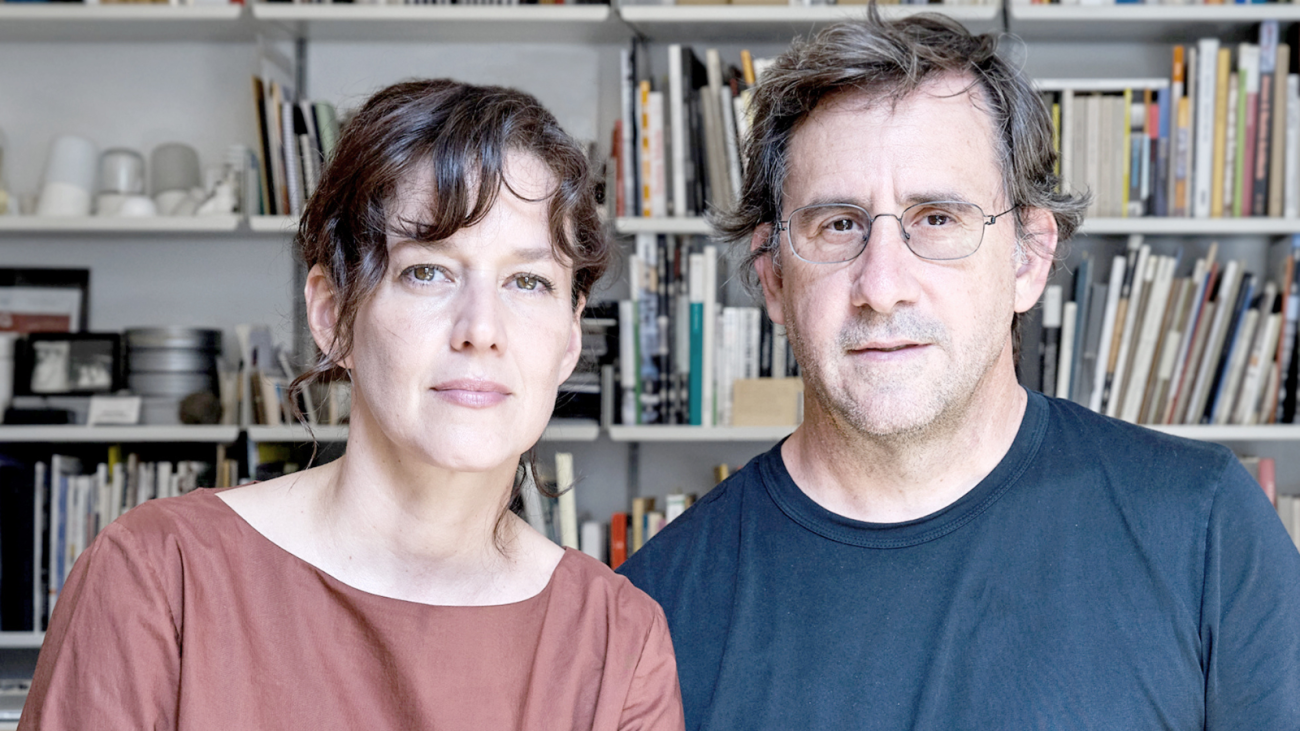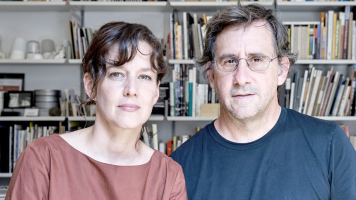Fiber Futures: How Selecting Plant-Based Materials Can Reduce Architecture’s Embodied Carbon
As architects, we know that the construction industry is responsible for nearly 40 percent of global carbon dioxide (CO2) emissions—an alarming statistic highlighted year after year by the United Nations Framework Convention on Climate Change’s Global Status Report for Buildings and Construction. A significant factor driving these emissions is the heavy reliance on carbon-intensive materials like concrete, steel, and plastics. But what if we could turn this narrative around? By embracing plant-based materials, architects could transform buildings into carbon sinks, storing the CO2 absorbed by fast-growing crops like hemp and timber.
From mass timber structures to hempcrete insulation, a growing movement is leading the charge in decarbonizing the built environment, reshaping how we think about construction materials, resource efficiency, and human health. At the forefront of this movement is a new generation of architects and researchers who are innovating with both ancient and cutting-edge materials to challenge the status quo.
Fiber Futures brings global leaders in material innovation and design to the Rice School of Architecture in Houston for an intimate symposium. Participants—including Rice students and faculty and local practitioners—will engage with architects pushing the boundaries of plant-based and low-carbon design. The symposium will offer a unique opportunity to gain exposure to cutting-edge sustainable design practices from across the globe—and to envision how local action can have planetary impact.
Join us to discover how global innovation in sustainable construction can inform local practice, inspire your work, and move us all closer to a post-carbon built environment.
Symposium Format
This international symposium, scheduled for March 7, 2025, will feature a curated group of architects and researchers specializing in plant-based, low-carbon construction. Faculty from the Rice School of Architecture, the Center for Environmental Studies, and the Office of Sustainability will respond to their presentations, fostering dynamic discussions on how new materials and approaches can be applied to our region and campus.
Attendees will include Rice students and faculty, along with participants from the University of Houston and the local architecture, engineering, and construction community. Together, we will explore how adopting emerging materials and methods can contribute to decarbonizing the Houston region and the advancement of Rice’s sustainability goals.
The event reinforces Rice’s leadership in sustainable construction and serves as a catalyst for more experimental, low-carbon projects on campus and throughout Houston.
Conveners
- Jesús Vassallo, Associate Professor, Rice Architecture
- Brett Schneider, Associate Professor, Rice Architecture
Speakers
- BLAF, Lokeren, Belgium
- Förstberg Ling, Malmö, Sweden
- López Rivera Arquitectos, Barcelona, Spain
- Ultramoderne, Berkeley, United States
Respondents
- Paul Lewis, Principal, LTL Architects and Professor, Princeton University School of Architecture
- Richard Johnson, Senior Executive Director for Sustainability, Rice University
- George Ristow, AVP for Campus Planning and Design, University Architect, Rice University
- Randal L. Hall, William P. Hobby Professor of American History, Interim Director, Center for Environmental Studies, Rice University
Schedule
1:00 – Introductory Remarks
1:15 – Talk by BLAF + Q&A
2:30 – Talk by Ultramoderne + Q&A
3:45 – Coffee Break
4:00 – Talk by Förstberg Ling + Q&A
5:15 – Talk by López Rivera + Q&A
6:30 – Closing Remarks & Happy Hour Reception
Fiber Futures is generously sponsored by the Rice Sustainability Institute Conference and Workshop Development Award, with additional support from the Rice School of Architecture Public Programs, and the Center for Environmental Studies.







